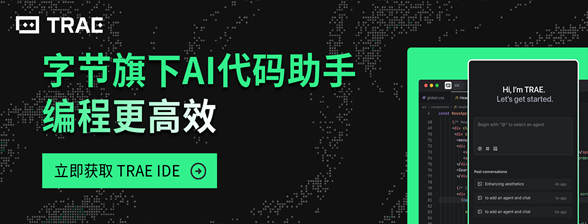Google Beam: A New Era in Communication
At the Google I/O conference, Google unveiled Google Beam, a revolutionary 3Dvideo communication platform. Stemming from the 2021 Project Starline, it hasevolved into a more mature solution. Unlike traditional video conferencing,Google Beam lEVErages advanced hardware and AI algorithms, such as the AIvolumetric video model, to convert 2D video into realistic 3D images. Thisallows users to enjoy an immersive experience without AR/VR devices.
Immersive and Realistic Visuals
Google Beam’s core strength lies in its high – fidelity visual effects. Ituses a six – camera array to capture multi – angle images and synthesizes 3Deffects in real – time on custom light field displays. With millimeter – levelhead tracking and 60 frames per second, users can have real eye contact andperceive subtle facial and body cues, creating a ‘in – the – same – room’feeling.
Breaking Language Barriers
In addition to visual innovation, Google Beam integrates Google Meet’s real -time voice translation. This feature preserves the user’s tone and expressionwhile translating conversations, enabling Seamless cross – languagecommunication, which is beneficial for global corporate collaboration andpersonal exchanges.
Targeting the Enterprise Market
Google Beam focuses on the high – end enterprise market. Google has partneredwith HP, Zoom and other industry giants to promote hardware and platformintegration. HP will showcase the consumer version at InfoComm 2025 andannounce pricing. Companies like Deloitte and Salesforce are also interestedin the platform.
Challenges and Future Prospects
Although Google Beam shows great promise, it faces some challenges. Imagequality may degrade in poor lighting, and the 3D effect may be incomplete fromcertain perspectives. However, Google views Beam as the first step in buildinga global communication bridge. In the future, it aims to optimize hardware,reduce costs, and expand into the consumer market.


